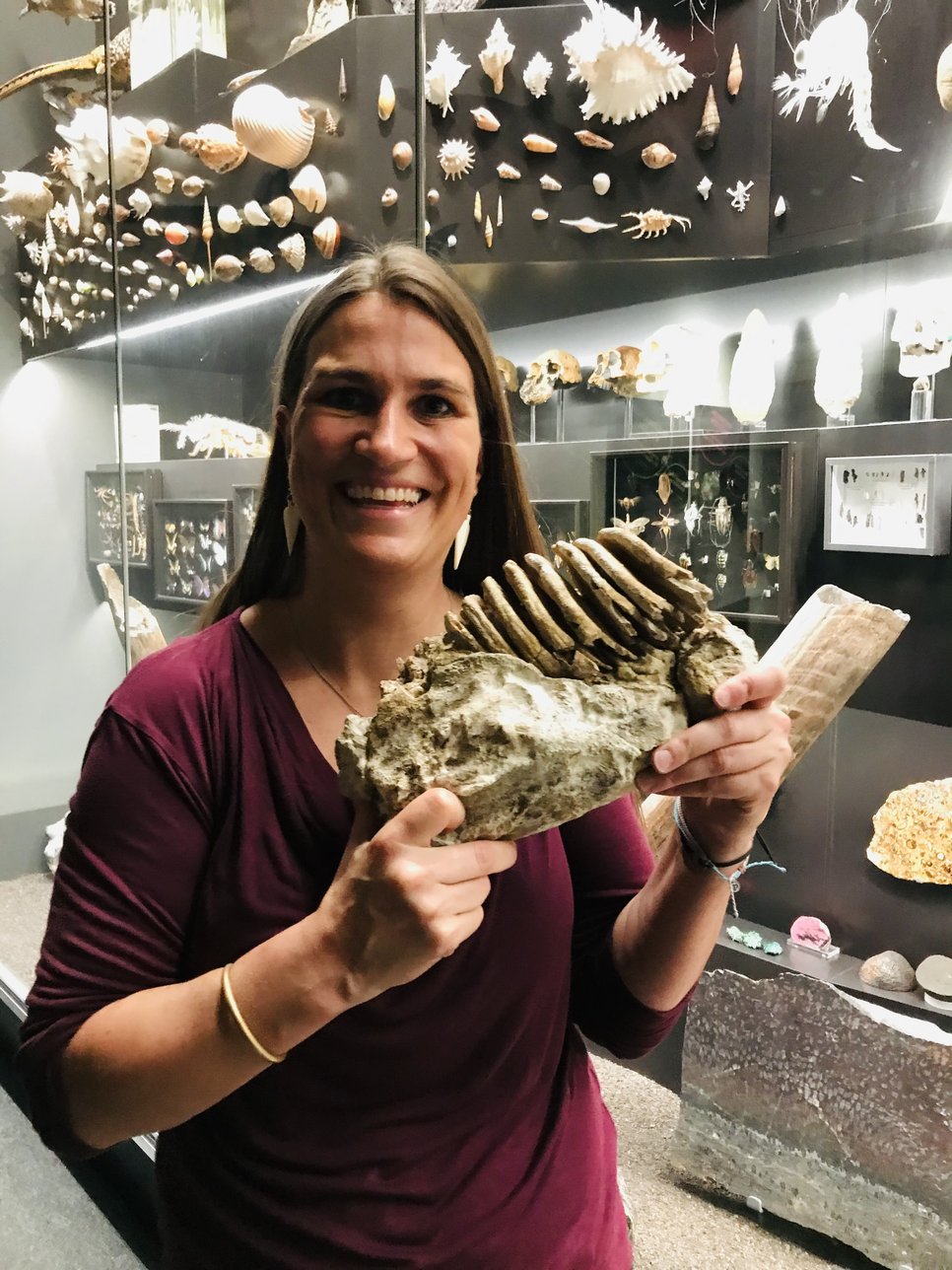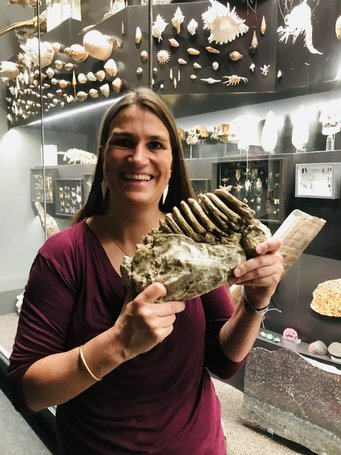New Emmy Noether Junior Research Group: When did meat enter our diet?
A geochemist from Mainz was awarded a €1.3 million research grant to research the diet of our human ancestors
For her research on the onset and evolution of early hominin meat consumption, Dr Tina Lüdecke will receive funding of more than €1.3 million from the German Research Foundation (DFG). Lüdecke is using this funding to set up her own Emmy Noether Junior Research Group at the Max Planck Institute for Chemistry (MPIC) in Mainz. Starting in September Lüdecke’s group will over the next six years investigate when meat entered the diet of the human ancestors and how consumption developed.

“Dietary change and, in particular, the consumption of animal products is considered a key event in human evolution which helped the genus Homo to succeed. However, direct evidence for this assumption is lacking. I would like to close the knowledge gap relating to the onset and development of meat consumption in early hominins”, explains Lüdecke, who has been working in the Climate Geochemistry Department of the MPIC since 2019. The 37-year-old researcher will now set up a new research group consisting of one postdoctoral fellow and two PhD students. Lüdecke previously worked at the Senckenberg Biodiversity and Climate Research Centre in Frankfurt.
The geochemist plans to use nitrogen isotope analyses from fossil teeth to systematically reconstruct the meat consumption of our immediate ancestors (i.e. the genus Homo), as well as the extinct hominins Australopithecus, Paranthropus, and Kenyanthropus. These pre- and early humans lived between 4.2 million and 1.4 million years ago in the East African Rift System of what is now Ethiopia, Kenya, and Malawi as well as in the South African Cradle of Humankind. Through isotope analysis of tooth enamel, it is possible to reconstruct the diet of living beings – even after such a long time.
Lüdecke explains: “A critical period of climate-induced, trans-regional environmental change occurred during this time. These new data will contribute to our understanding of which groups of our early ancestors adapted their diets as well as how, when, and where”.
First studies planned
In the first step, Lüdecke wants to concentrate on collecting samples in Ethiopia, Kenya, Malawi, and South Africa. The campaign is scheduled to start as early as next year. Lüdecke and her team will drill and examine fossil teeth of herbivores, carnivores, and omnivores from the collections of African museums. In doing so, she wants to determine the nitrogen isotope signatures of animals from which the diet is known and which coexisted to the early hominins. The knowledge gained will serve as a basis of comparison for the dietary habits of early hominins. These will then be sampled and analysed in the next step.
About the Emmy Noether Programme
The German Research Foundation (DFG) uses the Emmy Noether Programme to fund particularly qualified junior researchers over a continuous period of six years. The aim is to enable them to obtain the prerequisites for an appointment as a university lecturer. The requirements for the application include an outstanding doctoral degree and publications in internationally high-ranking journals.
